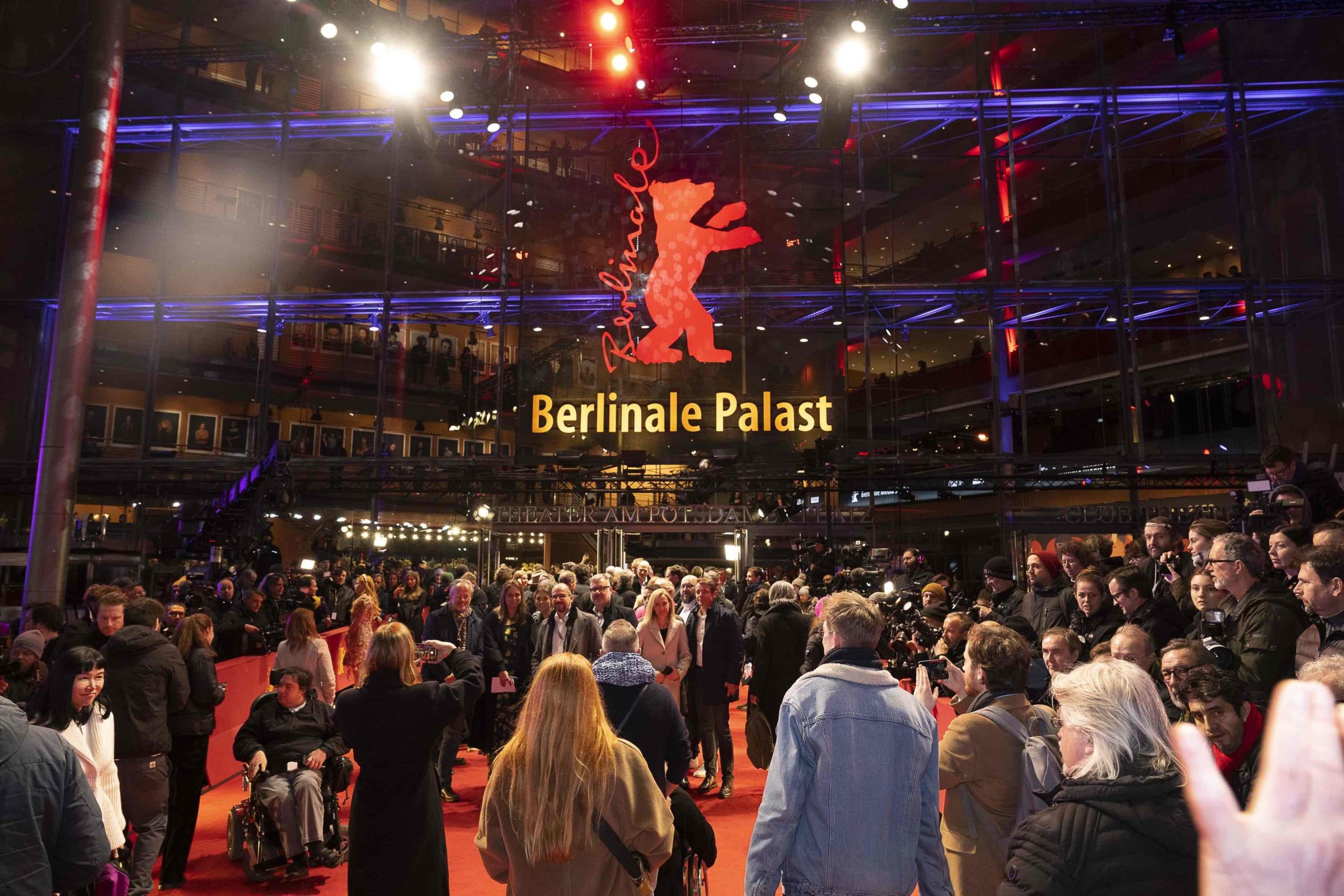An open letter, signed by over 200 film professionals and cultural figures, has decried a controversial decision by festival organizers to include far-right politicians in the opening ceremony of the 10-day Berlinale festival.
The signatories are urging the festival to reconsider and withdraw the invitations, arguing that the opening ceremony cannot be deemed a safe space for various communities, including Jews, women, BIPOC (Black, Indigenous, People of Color), LGBTI+, disabled, Roma and Sinti, and Jehovah’s Witness, who have faced persecution and genocide at the hands of far-right movements.
The festival, a significant event in the global film industry, typically attracting tens of thousands of cinephiles, showcases 239 films and is backed by state funds.

Backlash Inviting Politicians (Credits: Al Jazeera)
Lupita Nyong’o, an Oscar-winning actress, is slated to lead the jury, which includes prominent figures such as German director Christian Petzold, Hong Kong’s Ann Hui, and Spanish filmmaker Albert Serra.
The open letter expresses concerns about the safety of the festival for various marginalized communities and calls on organizers to reconsider their decision, citing the persecution and genocide perpetrated by another far-right, national-conservative movement in Germany’s history.
Notable signatories include Jemma Desai, a UK-based writer and programmer, Saeed Taji Farouky, a celebrated Palestinian British filmmaker, and Konstantina Levi, the founder of a Berlin-based studio.
Responding to the criticism, the festival stated that the decision to include far-right politicians was due to bureaucratic reasons. It clarified that their ideology was denounced, emphasizing that they were not welcome.
The festival explained that invitation quotas for the opening ceremony are allocated to elected members by the Federal government Commissioner for Culture and Media and the Berlin Senate. It clarified that the AfD (Alternative for Germany) representatives were invited within this framework.
The controversy highlights the intersection of art, politics, and societal values, sparking a debate on the role of cultural events in accommodating diverse perspectives while ensuring a safe environment for all participants. The festival’s response underscores its commitment to democratic values and its stance against those acting contrary to such principles.























